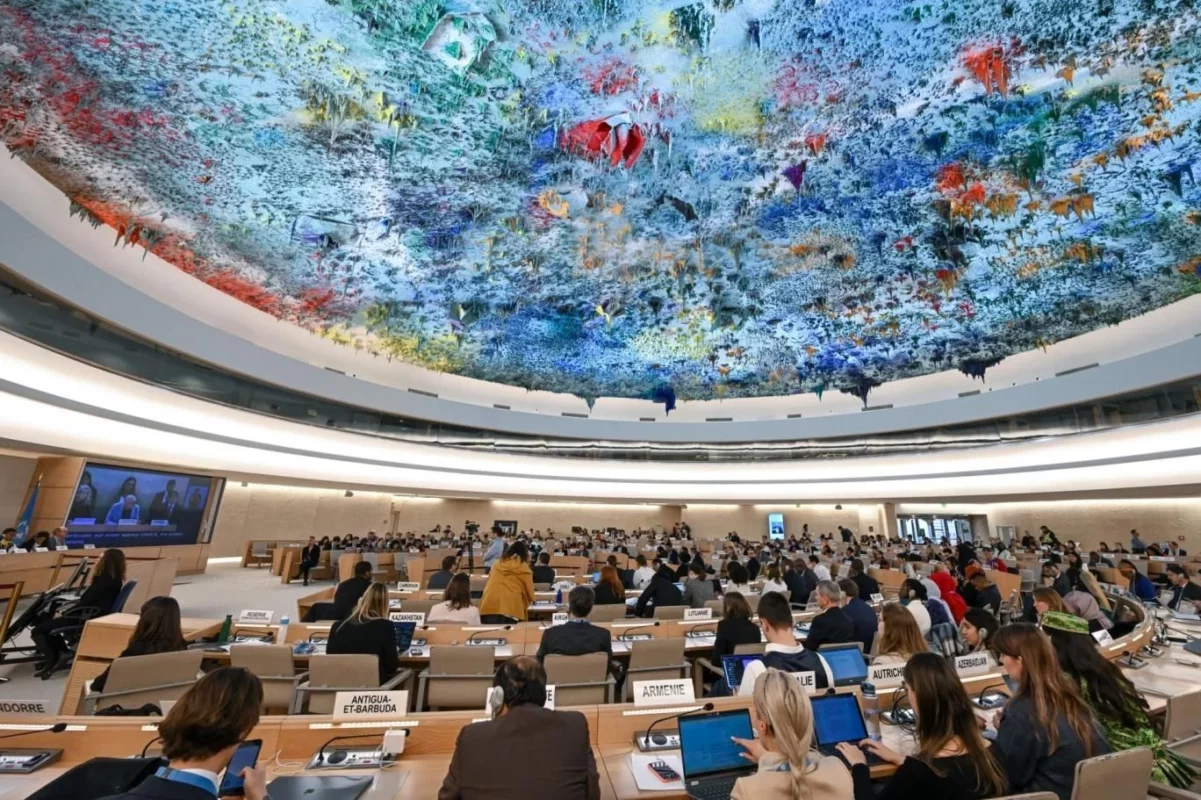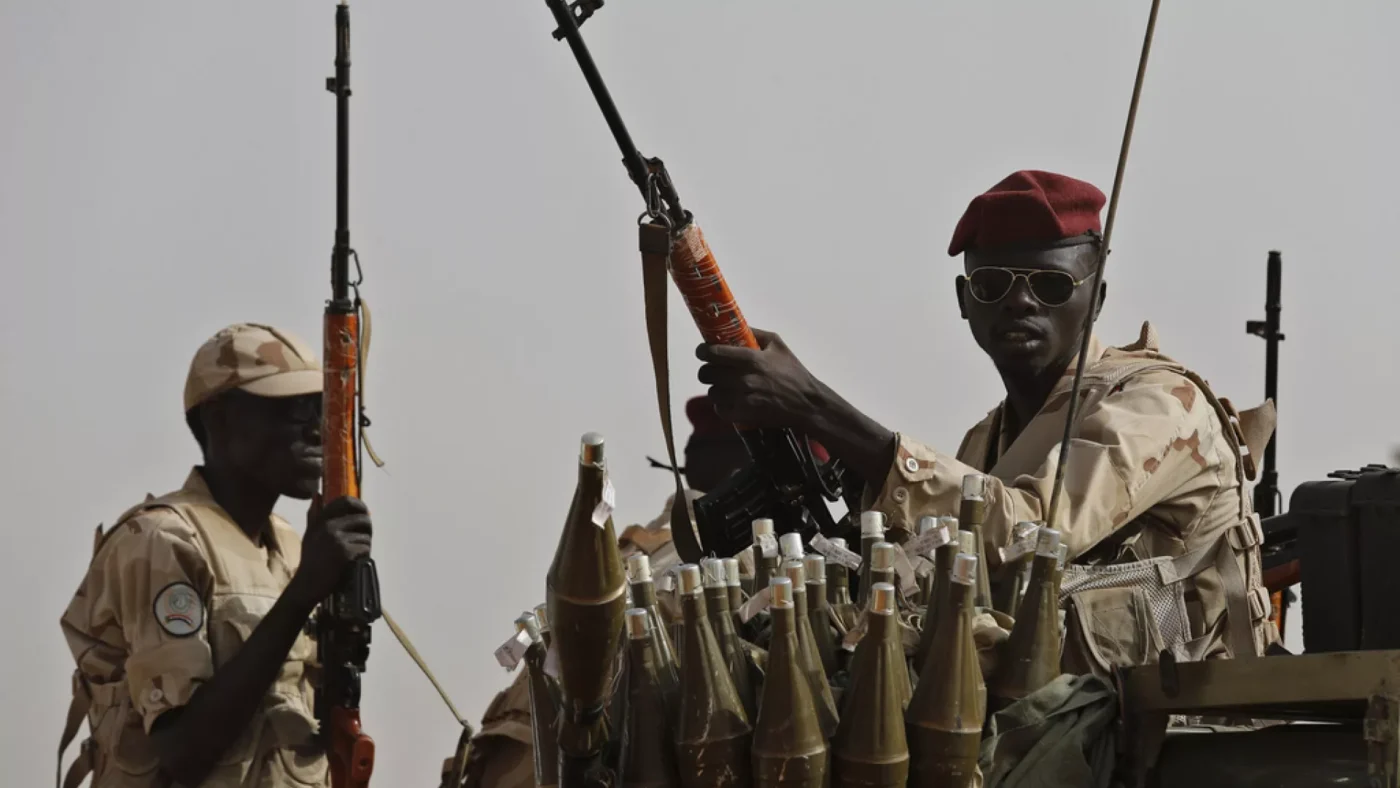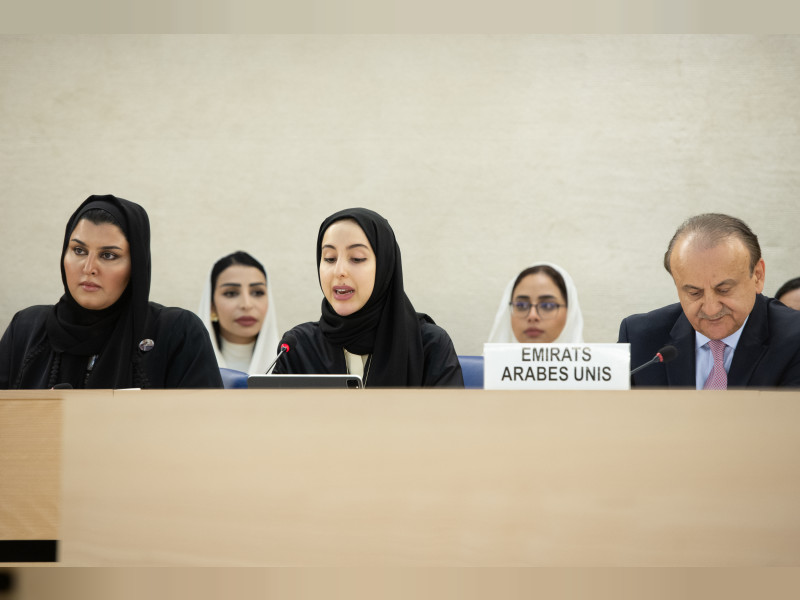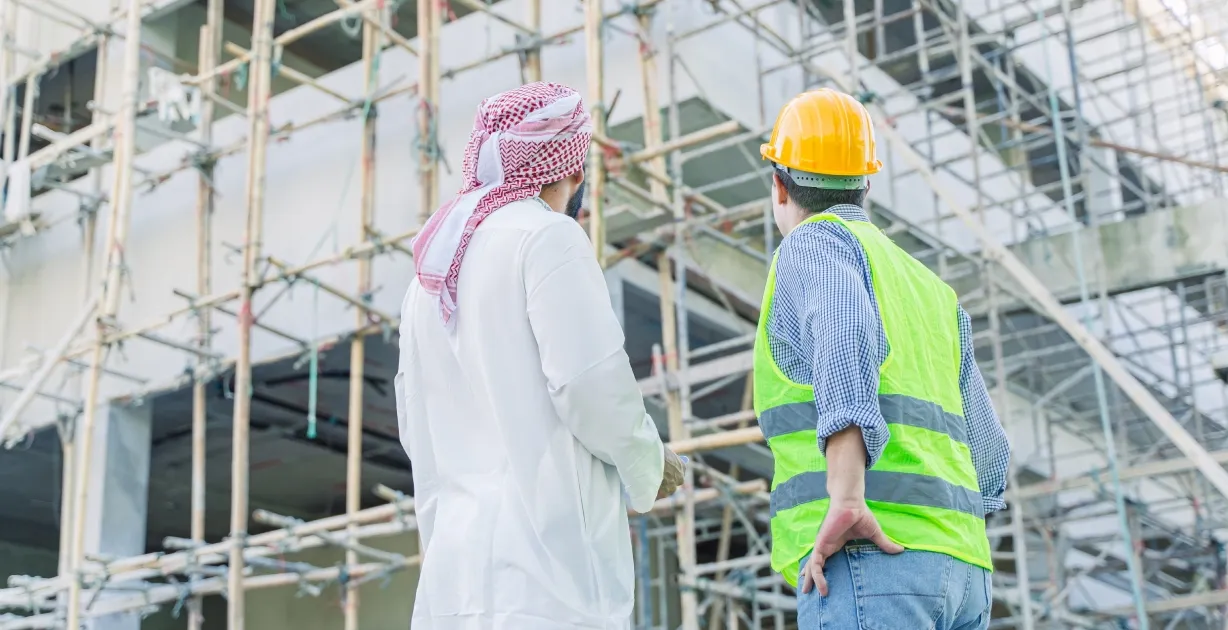Americans for Democracy & Human Rights in Bahrain (ADHRB) participated in the 58th session of the United Nations Human Rights Council (HRC), held from 24 February to 4 April 2025. During this session, ADHRB delivered 13 oral interventions across four items, highlighting various human rights violations in Bahrain, Saudi Arabia, and the UAE. ADHRB delivered[…]
The United Arab Emirates (UAE) has recently launched an extensive campaign to silence opposition, marked by a stark disregard for justice and human rights. This crackdown includes a series of arrests, summonses, and deportations targeting individuals who criticize Israel’s actions in Gaza, blatantly violating the right to freedom of speech. This disturbing trend continues the[…]
The ongoing civil war in Sudan, characterised by relentless violence and humanitarian crises, has been significantly exacerbated by the covert intervention of the United Arab Emirates (UAE). Operating under the pretext of humanitarian aid for refugees, the UAE has been secretly supporting one faction in the conflict. This includes providing advanced weaponry and drones, intensifying[…]
Fourth Cycle UPR Overview During the fourth Universal Periodic Review (UPR) cycle of the United Arab Emirates (UAE), numerous recommendations were made by states urging human rights reforms across various thematic areas, especially freedom of expression, death penalty, torture, independence of the judiciary and fair trial. In total, 323 recommendations were presented to the State[…]
Summary The United Arab Emirates is the country with the highest proportion of international migrants in the world. Labour migration in the kingdom is governed by a restrictive and abusive system, named kafala, that causes numerous and well-documented abuses. This briefing paper contextualizes the kafala system in the Gulf Cooperation Council (GCC) countries and the[…]









